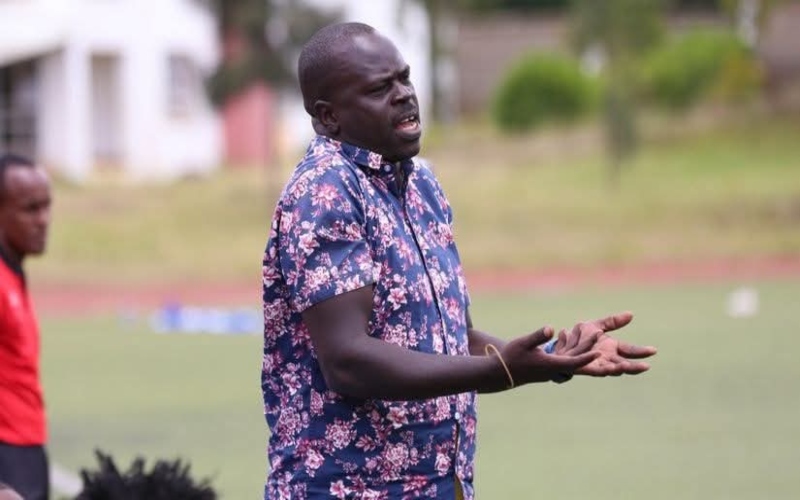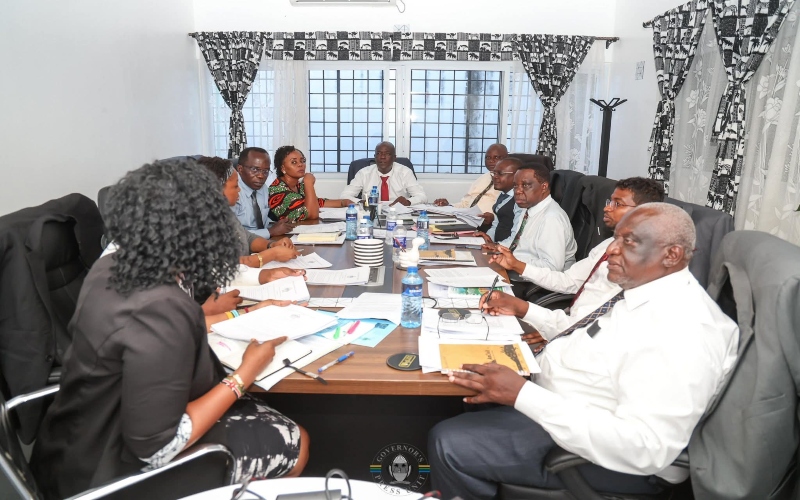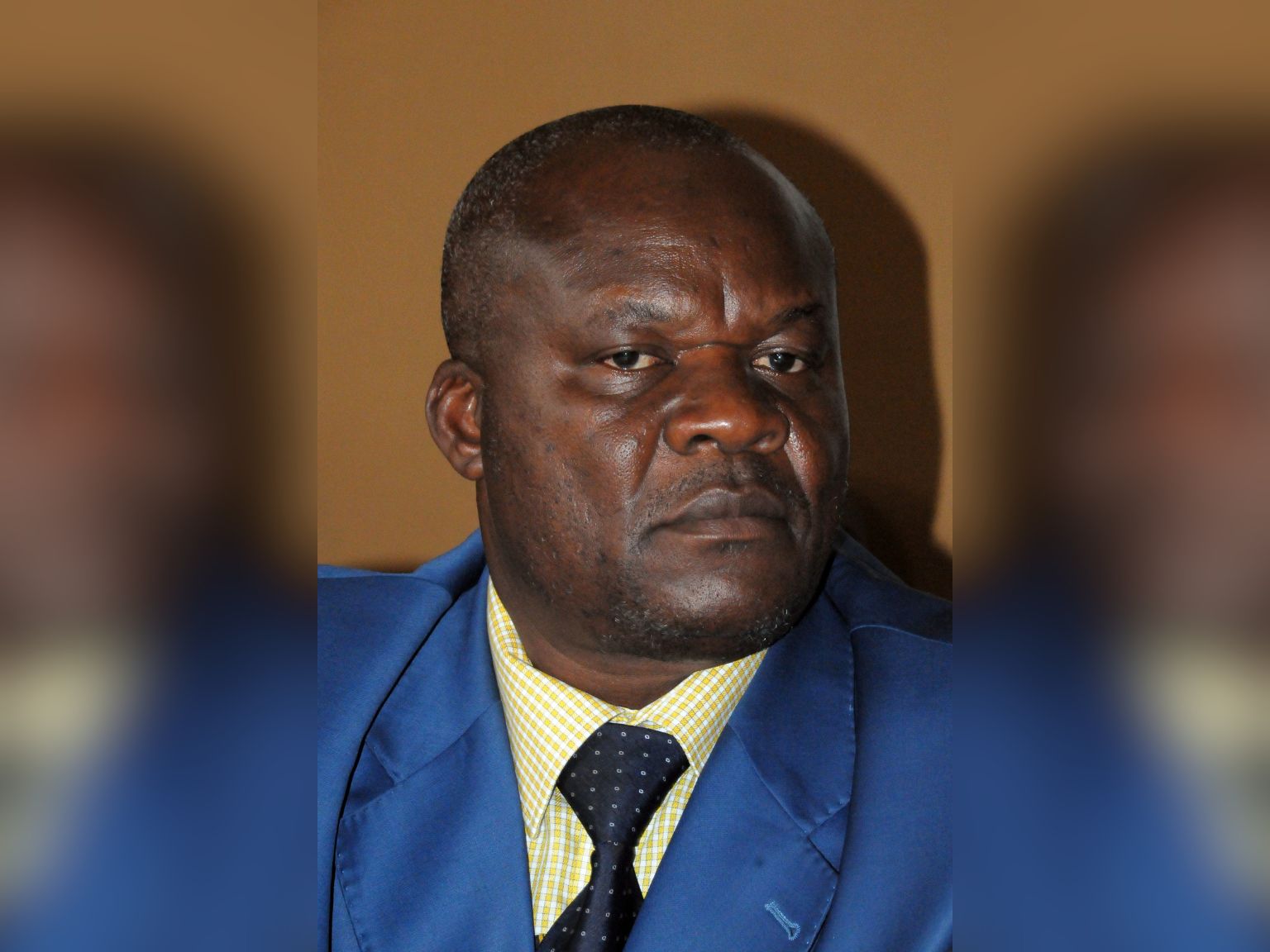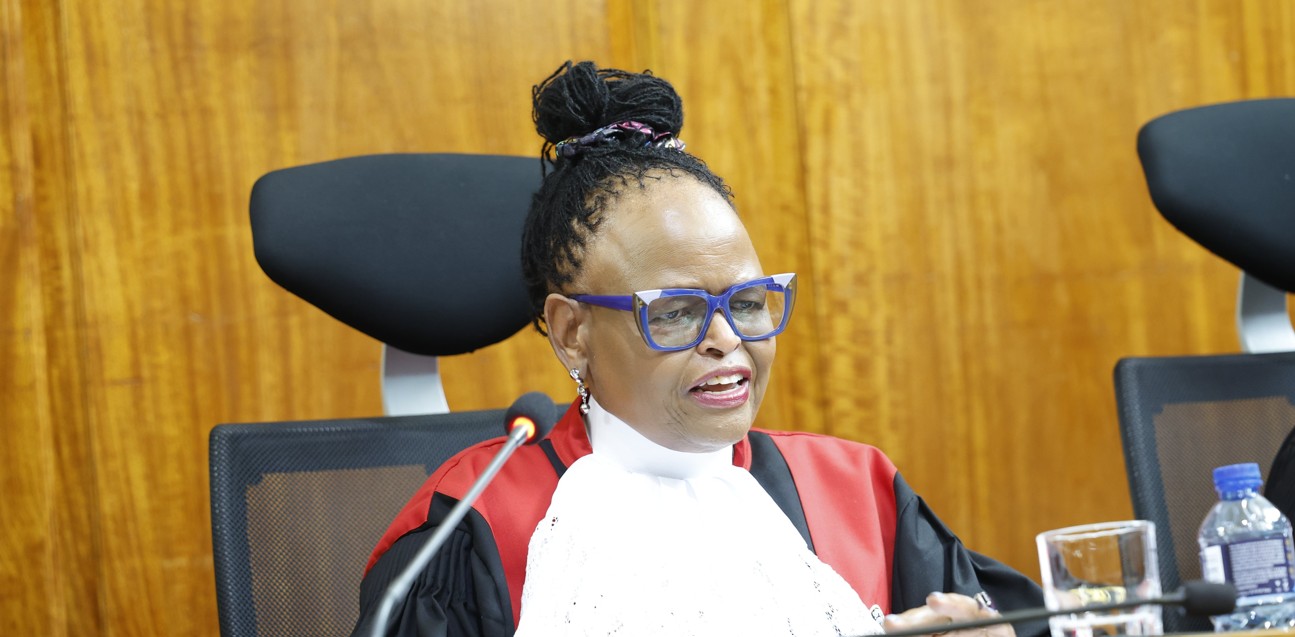Schools in Mathare, Kibra, Mukuru slums set for recognition under proposed education law
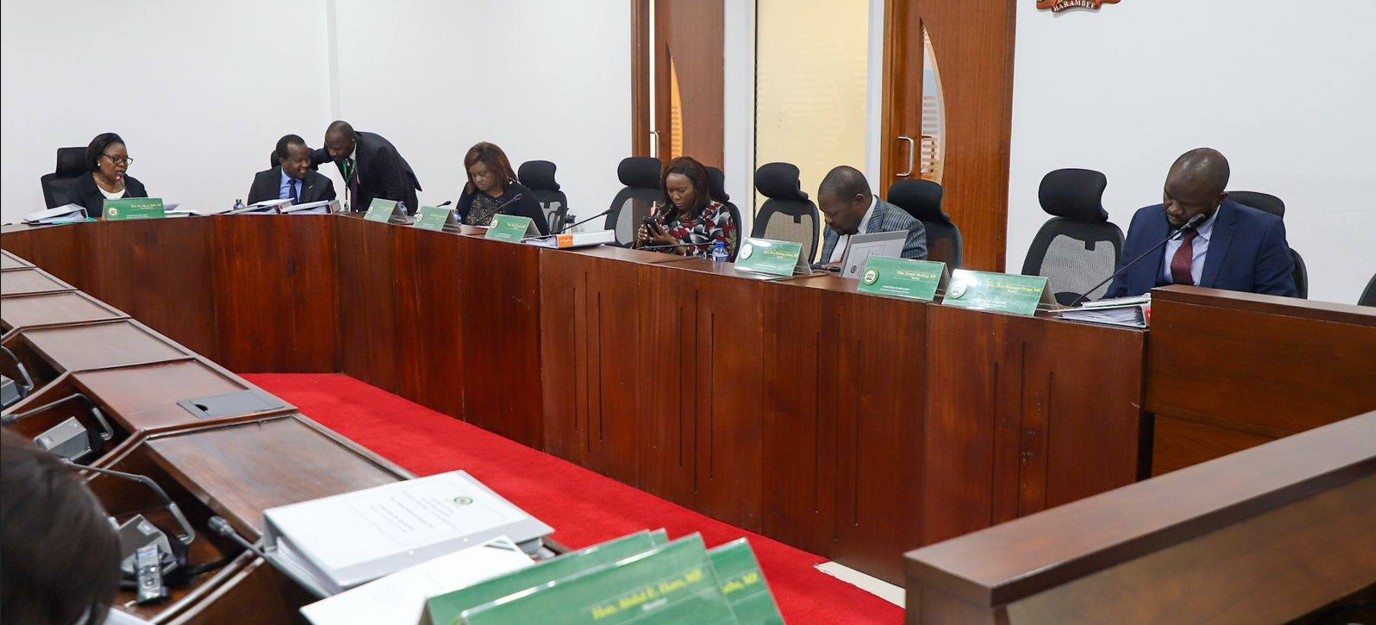
The Bill, introduced by Mathare MP Anthony Oluoch, also aims to give legal effect to the existing policy framework for Alternative Provision of Basic Education and Training, which currently lacks statutory support.
Schools serving learners in slums and marginalised areas such as Mathare, Kibra, and Mukuru Kwa Njenga are set to receive formal recognition and government support, following backing by the National Assembly Committee on Education for a proposed amendment to the Basic Education Act.
The Basic Education (Amendment) Bill, 2025, seeks to formally include Alternative Provision for Basic Education and Training (APBET) schools within the legal definition of basic education. This would pave the way for their registration, regulation, and access to public funding.
More To Read
- Kenya’s children holiday hunger: How school holidays leave slum families struggling to survive
- Nairobi informal areas get sanitation boost through new simplified sewer system
- From mud to modern streets: How Kiambu’s hidden slums are being transformed
- Kenya’s urban slum schools: Why access doesn’t guarantee better learning outcomes
- Concerns mount over mass displacement as Ruto’s Nairobi Rivers revamp gains pace
- Kenyan children bring Chinese-built railway's story to life through murals
On Thursday, the Committee—chaired by Vice Chairperson and Kabondo Kasipul MP Eve Obara—met with key stakeholders to review the Bill and hear submissions on the challenges facing APBET institutions.
Among those present were representatives from the Unified APBET Schools Association of Kenya and the Complementary Schools Association of Kenya, who highlighted long-standing obstacles such as lack of recognition, inadequate funding, limited teacher deployment, and poor infrastructure in informal schools.
The Bill, introduced by Mathare MP Anthony Oluoch, also aims to give legal effect to the existing policy framework for Alternative Provision of Basic Education and Training, which currently lacks statutory support.
“The purpose for which this Bill was made was, first, to anchor an already existing policy, the policy framework for Alternative Provisions for Basic Education and Training,” Oluoch said.
“The second purpose is to ensure recognition, registration, and marketing for schools otherwise left out due to a narrow definition under the Basic Education Act.”
Urgency of the Bill
Oluoch cited his constituency to highlight the urgency of the Bill.
“My constituency is just four square kilometres. Even if the government allocated all the resources it could, there’s simply no space to build infrastructure. The 56,000 students who cannot fit in public schools are accommodated in informal schools that don’t get funding, teachers, or registration due to requirements like owning two acres of land,” he explained.
Obara threw her weight behind the Bill, saying it would address long-standing inequality in education.
“We will support this Bill to help learners in informal settlements. Education should not be a privilege,” she said.
However, Nyamira County MP Jerusha Momanyi called for clear oversight mechanisms if informal schools are to receive taxpayer money.
“How will you be audited? Have any of these institutions ever received taxpayer money?” she posed, stressing the need for transparency and accountability.
Key provisions
The Bill introduces several key provisions, including the establishment of capitation grants, the development of curriculum guidelines for APBET institutions, and the creation of a national database of all registered APBET schools.
It also aims to improve infrastructure in these institutions and broaden access to non-formal education options, such as community learning centres, home schools, night schools, vocational training centres, and adult education programmes.
During the session, stakeholders informed the Committee that many APBET schools remain excluded from government support, struggle with inadequate infrastructure, and face challenges in recruiting qualified teachers and registering students for national examinations.
According to data from the Ministry of Education, over 2.3 million children who should be in school are either out of school or enrolled in unregistered institutions. This figure includes approximately 1.3 million primary school-aged and 1 million secondary school-aged learners, in addition to 350,000 adult learners currently participating in APBET programmes.
The Committee observed that the proposed legislation supports the government’s broader goal of closing gaps in education access and promoting equity across the country.
“This Bill is timely. We must bring all children under one umbrella, whether they are in formal or informal schools,” Kibra MP Peter Orero said.
Top Stories Today

